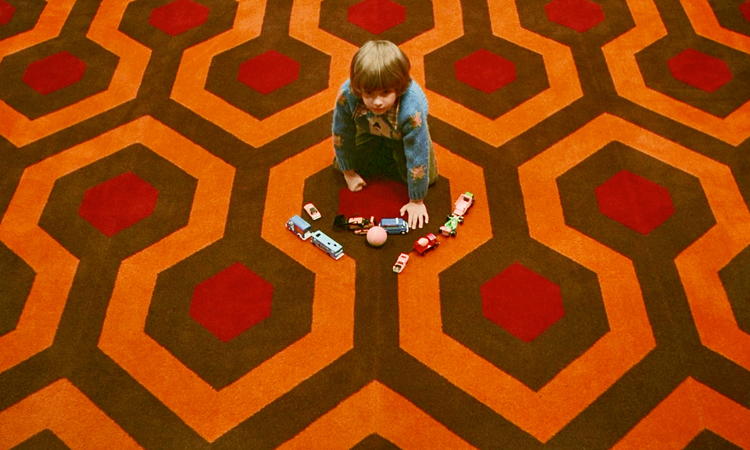By Jameson Brown · December 6, 2013

Some consider it the best-made horror film of all time. Others view it as the best psychological thriller ever to be put onscreen. Either way, The Shining has made an impression on moviegoers that is still the center of critical discussion today. But what happens when this obsessive conversation goes too far? Or, is the obsessive conversation necessary?
With Stanley Kubrick at the helm, the heavily saturated examination might be much needed. Others might think it’s a waste of time and viewers should take the film for face value and not ruin the film’s surface level scares.
Cue Room 237.
Here, five critics examine the film’s every layer and then take it one step further by asking “should we even consider what we are saying layers?” From Nazi Germany, Holocaust plot points to sacred Indian oppression imagery, The Shining presents horror in diverse ways that, even with a well produced documentary like Room 237, we will never be able to fully interpret.
This documentary does two things, and it does them damn well:
1. It provides three-dimensional analysis from top critics that is presented to us smoothly so that we can pick and choose what we feel might be the right interpretation.
2. It exploits obsessive cinephiles for what they do best: obsess. Cinephiles (myself included) will take our last breaths talking about film; it is simply how we are wired. Some love us. Some hate us.
The analytical juice that is squeezed from this documentary is priceless because with each talking point the above two ideas are always presented. The thematic elements/plot points/behind-the-scenes footage is voiced over with information that is well explained to us in a way that allows picking and choosing what is most valuable to us. At the same time we are flooded with a sense of over zealously for Kubrick, his writing/directing and the film as a psychological phenomenon. This narrative structure put together by Ascher allows the documentary to go from good to great.
Why? It splits into two documentaries, while at the same time they are presented coherently – those two documentaries being about (1) The Shining and its hidden cinematic voodoo, and (2) the obsessiveness that can rule cinephiles and how they view the world. The analytical narrative, at times, gets so far reaching, and sometimes profound, that we can tell it is bleeding over into these critics’ day-to-day lives.
Room 237 is coherently delivered material that successfully provides two narrative lines for its audience. This is a hard task and typically not recommended, but Ascher pulls it off with meticulous grace and homage to one of the most noted psychological thrillers during the past thirty plus years.